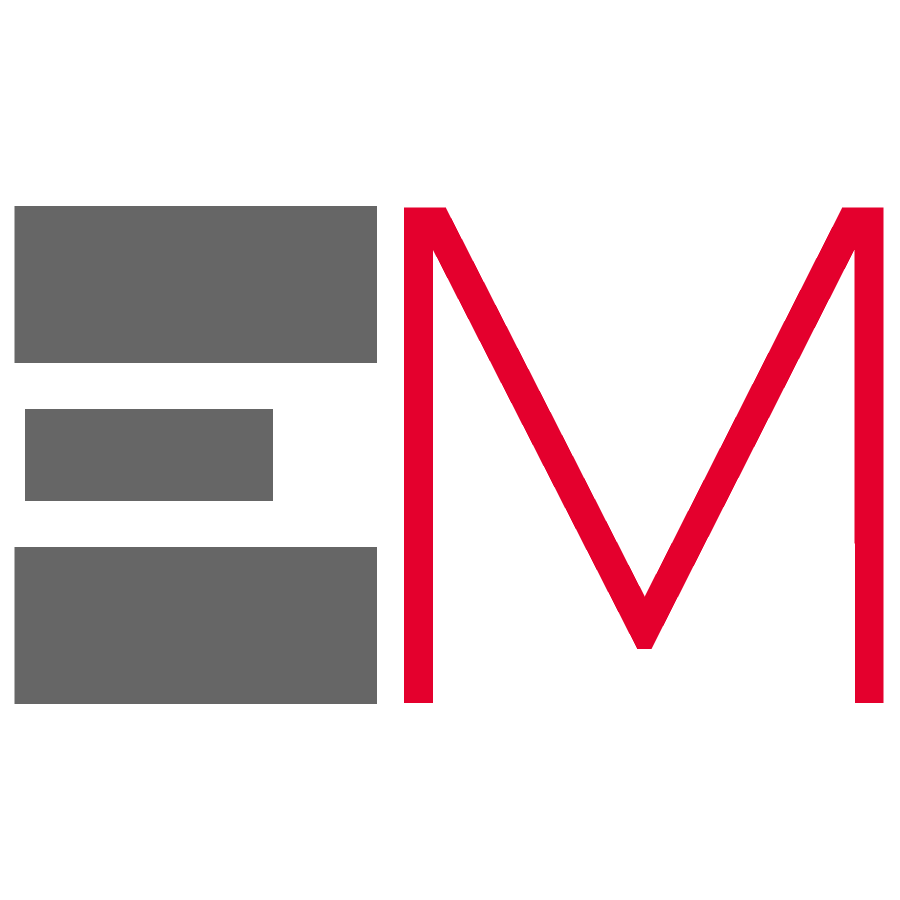EmbryoBox
Integrated system for fertilization and Incubaton of human oocytes
Field of application
IVF techniques (In Vitro Fertilization), aimed at assisted procreation, are based on a long-established operational sequence, articulated in several successive phases of manipulation of oocytes and spermatozoa during the incubation period (4-6 days), whose positive final outcome allows the embryo to be transferred to the uterus. These phases include multiple microscope observations for the evaluation of oocytes, spermatozoa and embryo quality, the possible treatment with enzymatic agents, the washing of excess spermatozoa, the substitution of the culture medium, etc.
All these activities involve the temporary exposure of the culture plates (and therefore of the fertilized oocytes) to conditions of temperature, humidity, CO2, different from the optimal ones present inside the incubator and, consequently, determine the traumas that negatively influence the embryo growth process, significantly reducing the success rate of the IVF procedure.
The development of integrated incubation systems is therefore of great interest, aimed at reducing the discontinuity of temperature, humidity, pH, gaseous concentrations, composition of the culture media, to which the embryos are subjected, in order to increase the probability of success of the assisted reproduction cycle.
Description of the project
The project consists in the realization of a fluidic chip, in sterile single-use packaging, in which are placed oocytes, spermatozoa and all the compounds (culture media, washing, enzymatic solutions, etc.) required in the different stages of preparation, insemination, incubation and culture. The fluidic circuit is closed and isolated with respect to the surrounding environment and the chip that contains it is housed on a computerized control station, which provides for thermostating and activating, according to appropriate sequences, the fluidic valves and the micropumps present in the chip itself. All operations previously described are therefore carried out without the oocyte being manipulated or subjected to transfers between different plates, abrupt passages between different terrains, sudden variations in temperature or CO2 concentration, etc.
Appropriate control algorithms provide for the implementation of progressive transition gradients between the different culture media used in clinical practice (fertilization, cleavage, blastocist) in the various stages of the embryo incubation process, so as to guarantee a process of administration of the different nutrients quite similar to the physiological one. Moreover, through continuous recirculation of the culture medium, it is possible to keep the fertilized oocytes in slight movement, a condition that various clinical studies have shown to be able to promote cell duplication and the correct development of the embryo.
Current stage of development
A wide range of research activities have been carried out during the last couple of years aimed at demonstrating the technical feasibility of this new technology. Preliminary prototypes have been developed in order to refine the techniques of fluids manipulation and check the correct behavior of the whole system. Besides, a software platform for the full control of the system has been developed and preliminary tested.
SmartCell™ is a joint R&D project of Engmotion d.o.o. (Sežana, Slovenija) and Studio di Ingegneria Biomedica (Trieste, Italy).
IVF techniques (In Vitro Fertilization), aimed at assisted procreation, are based on a long-established operational sequence, articulated in several successive phases of manipulation of oocytes and spermatozoa during the incubation period (4-6 days), whose positive final outcome allows the embryo to be transferred to the uterus. These phases include multiple microscope observations for the evaluation of oocytes, spermatozoa and embryo quality, the possible treatment with enzymatic agents, the washing of excess spermatozoa, the substitution of the culture medium, etc.
All these activities involve the temporary exposure of the culture plates (and therefore of the fertilized oocytes) to conditions of temperature, humidity, CO2, different from the optimal ones present inside the incubator and, consequently, determine the traumas that negatively influence the embryo growth process, significantly reducing the success rate of the IVF procedure.
The development of integrated incubation systems is therefore of great interest, aimed at reducing the discontinuity of temperature, humidity, pH, gaseous concentrations, composition of the culture media, to which the embryos are subjected, in order to increase the probability of success of the assisted reproduction cycle.
Description of the project
The project consists in the realization of a fluidic chip, in sterile single-use packaging, in which are placed oocytes, spermatozoa and all the compounds (culture media, washing, enzymatic solutions, etc.) required in the different stages of preparation, insemination, incubation and culture. The fluidic circuit is closed and isolated with respect to the surrounding environment and the chip that contains it is housed on a computerized control station, which provides for thermostating and activating, according to appropriate sequences, the fluidic valves and the micropumps present in the chip itself. All operations previously described are therefore carried out without the oocyte being manipulated or subjected to transfers between different plates, abrupt passages between different terrains, sudden variations in temperature or CO2 concentration, etc.
Appropriate control algorithms provide for the implementation of progressive transition gradients between the different culture media used in clinical practice (fertilization, cleavage, blastocist) in the various stages of the embryo incubation process, so as to guarantee a process of administration of the different nutrients quite similar to the physiological one. Moreover, through continuous recirculation of the culture medium, it is possible to keep the fertilized oocytes in slight movement, a condition that various clinical studies have shown to be able to promote cell duplication and the correct development of the embryo.
Current stage of development
A wide range of research activities have been carried out during the last couple of years aimed at demonstrating the technical feasibility of this new technology. Preliminary prototypes have been developed in order to refine the techniques of fluids manipulation and check the correct behavior of the whole system. Besides, a software platform for the full control of the system has been developed and preliminary tested.
SmartCell™ is a joint R&D project of Engmotion d.o.o. (Sežana, Slovenija) and Studio di Ingegneria Biomedica (Trieste, Italy).
